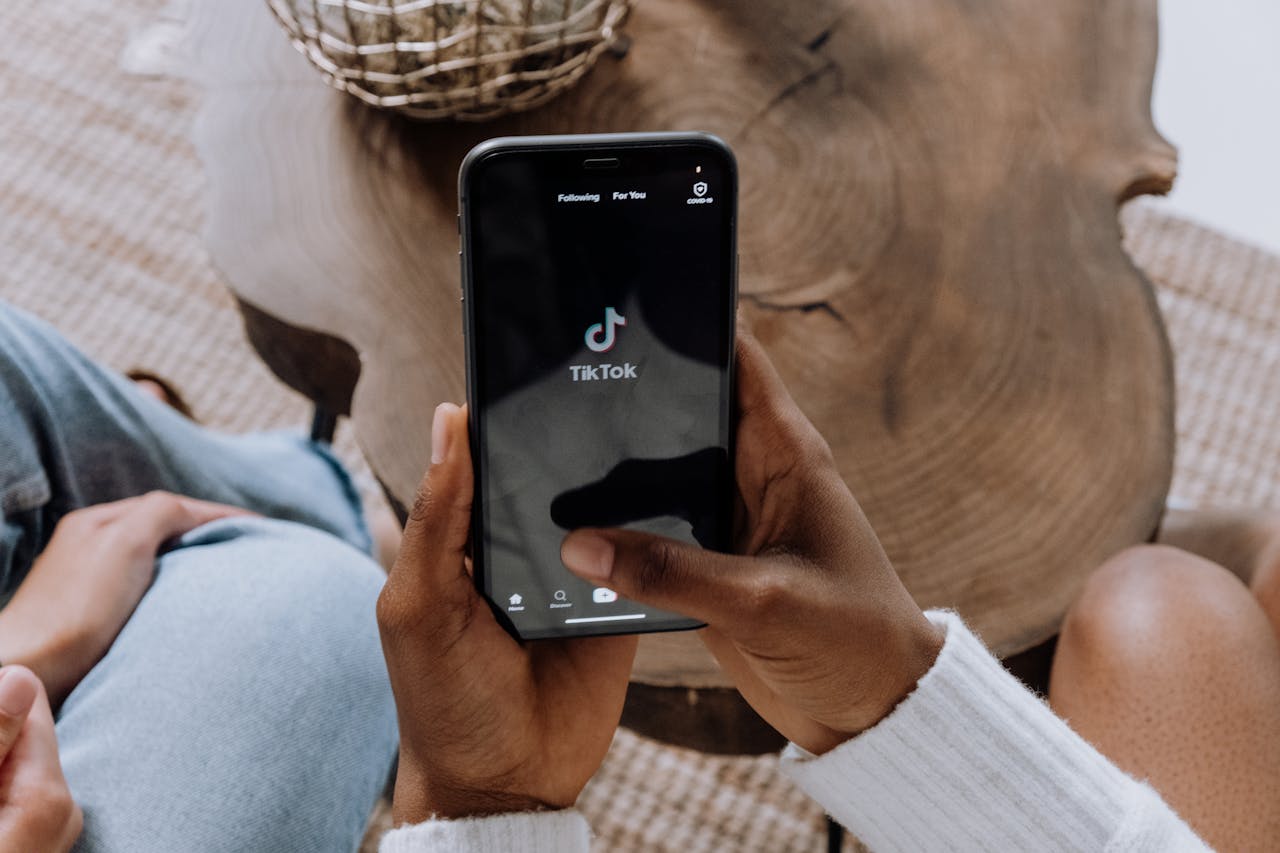Mental Health
How Social Media Use Affects Mental Health of College Students

(Photo : cottonbro studio / Pexels)
Social media use affects the mental health of college students differently.
In a survey conducted by the Daily Lobo, University of New Mexico (UNM) students shared insights into the intersection of social media usage and mental health, prompting discussions on the effects of online platforms within the college community.
According to UNM Psychology Professor Joshua Grubbs, the impact of social media on mental health can be diverse and multifaceted, influenced by individual behaviors and intentions.
"What seems to matter most is what people do on social media and the reasons that they are using (it)," Grubbs reportedly said.
Among the respondents to the survey, comprising nine UNM students, 100% reported daily usage of various social media platforms.
While seven students acknowledged the impact of social media on their mental well-being, perceptions varied, with four expressing a somewhat negative effect, two noting a somewhat positive influence, and three rating the impact as neutral.
Grubbs noted the significance of user engagement with social media, highlighting that positive outcomes often stem from using these platforms to enhance offline connections and social experiences.
He suggested that integrating social media into a broader social life, complementing in-person interactions, can contribute positively to individuals' well-being and mental health.
"If someone is using social media as a part of their overall social life - using it to connect with and reach out to people in addition to meaningful relationships in-person and involvement in the offline world -- then it's probably a good thing," Grubbs explained.
However, Grubbs warned against the potential pitfalls of excessive or negative usage patterns, such as constant comparison with others or consuming distressing news content, which may exacerbate feelings of anxiety or depression.
"Either constantly comparing themselves to others or 'doom-scrolling' and obsessing over negative news, it's probably going to affect them negatively," Grubbs said.
The research pointed out the importance of moderation in social media usage, as excessive exposure has been linked to decreased physical activity, reduced face-to-face communication, and heightened vulnerability to mental health issues.
While social media serves as a vital source of news and connectivity for many, Grubbs noted the absence of a universal narrative, highlighting the complex interplay between individual behaviors, usage patterns, and mental health outcomes.
"All in all, there isn't a simple one-size-fits-all narrative for social media," Grubbs concluded.








Join the Conversation